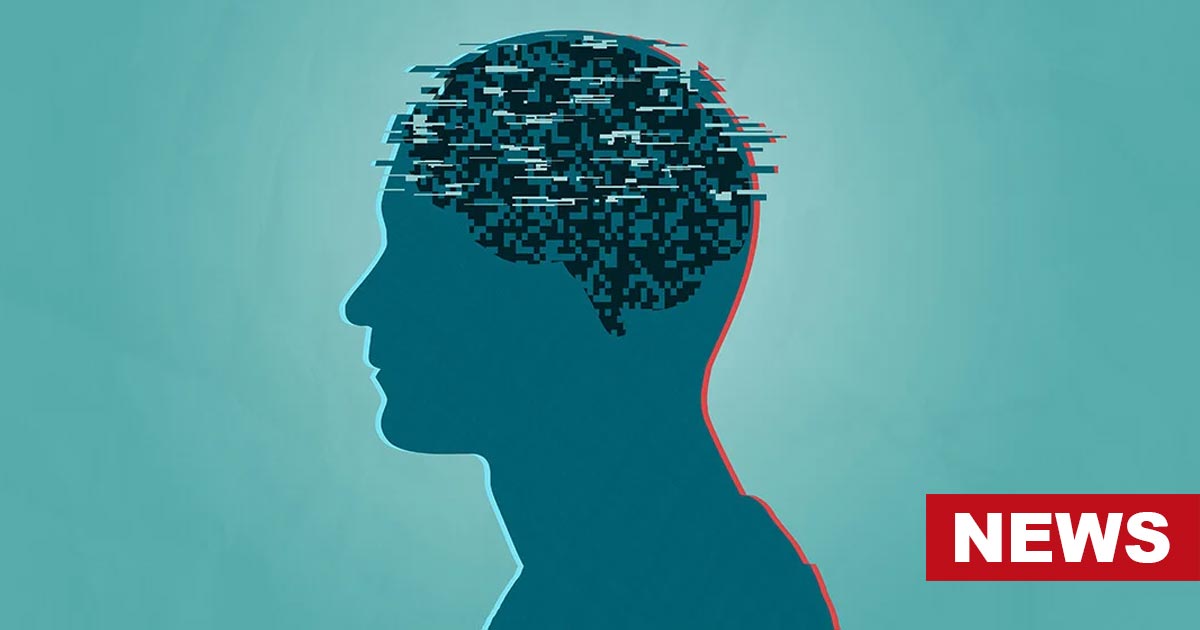In the realm of higher education, the imperative for institutions to prioritize effective management strategies aimed at addressing occupational stress, mental health concerns, nurturing positive emotions, and amplifying individual strengths within the university community is paramount.
While numerous studies underscore the significance of safeguarding mental health in academics, particularly in the well-being of university employees and students, there exists a notable dearth of research regarding the mental welfare of university leaders.
This gap in understanding is particularly noteworthy given the evolving landscape of academia, wherein academic administrators are now perceived as not only educators but also as business managers entrusted with overseeing the comprehensive operations of the institution.
Within the ranks of academic administrators, a category encompassing vice-chancellors, deans, registrars, and department heads—both from academic and administrative realms—a multitude of challenges is encountered. These challenges predominantly revolve around managing individuals with diverse temperaments, navigating the intricacies of academic governance, meeting expectations from regulatory bodies and stakeholders such as parents and students, etc.
Other issues arise from grappling with external pressures, fulfilling statutory obligations, overseeing financial matters, coping with work overload, addressing conflict situations, resolving disputes and legal entanglements, and meticulously adhering to numerous meetings and deadlines.
Of pivotal concern is the nuanced task of managing disenchanted and unmotivated personnel, which can substantially contribute to heightened anxiety and stress levels.
Notably, the responsibilities have grown to encompass tasks like accreditation management, brand enhancement, ranking frameworks, and global competition, collectively augmenting the already significant pressures faced by higher education leaders and culminating in a surge of cases of occupational burnout.
Underlying these mounting pressures is the ever-present academic rigor. University leaders are tasked with harmonizing the often divergent expectations of students and educators while ensuring strict adherence to rules and regulations—a formidable feat.
Stressors also include overseeing academic programs, exam administration, result compilation, mitigating student indiscipline, managing employee grievances, responding to stakeholders (including students and parents), and managing time constraints.
In response, there is an emerging need to pivot towards the principles of positive psychology, honing individual strengths, and fostering a culture of positivity within the university community. To accomplish this, higher education institutions (HEIs) must equip themselves with management tools to effectively navigate stress, crises, and tensions.
Central to this transformation of mental health in the academic world are the human resource management (HRM) leaders, who wield considerable influence in two key aspects: firstly, in overseeing the comprehensive HR management of university personnel and secondly, in constructing an efficient and astute support structure tailored for the demands of university leaders.
By cultivating a transformational, positive, and productive work environment, HRM leaders can make a substantial impact. Leveraging the principles of positive psychology can play a transformative role by nurturing positive emotions and fostering harmonious relationships among academic administrators, faculty, support staff, and students.
In a concerted effort to mitigate substantial stress and safeguard mental health within the university context, HRM can implement a range of measures. These include enforcing elevated standards of conduct for all stakeholders, be it leaders, educators, administrators, staff, or students.
Augmenting these standards could involve introducing clinical psychologists, industry experts, health professionals, and counselors into the ecosystem, alongside organizing regular mental health support programs and stress-reduction initiatives targeting university leaders, faculty, staff, and students alike.
Furthermore, training in anger management, relaxation techniques, and gender sensitization can contribute to a more inclusive and balanced environment. Establishing facilities for physical exercise, yoga, and healthcare can further bolster mental well-being.
In terms of policies, promoting health insurance and term insurance packages that prioritize mental health in academics is a vital step forward. Additionally, initiatives promoting equity, diversity, and inclusion can foster an environment of belonging and mutual respect. Adapting to flexible work cultures that facilitate a healthier work-life balance can yield tangible benefits.
Finally, HRM must engage in consistent and meaningful interactions with employees to gauge their needs, thereby cultivating meaningful relationships, fostering opportunities for one-on-one professional exchanges, soliciting constructive feedback, and ultimately augmenting the overall productivity and effectiveness of the university community.




























